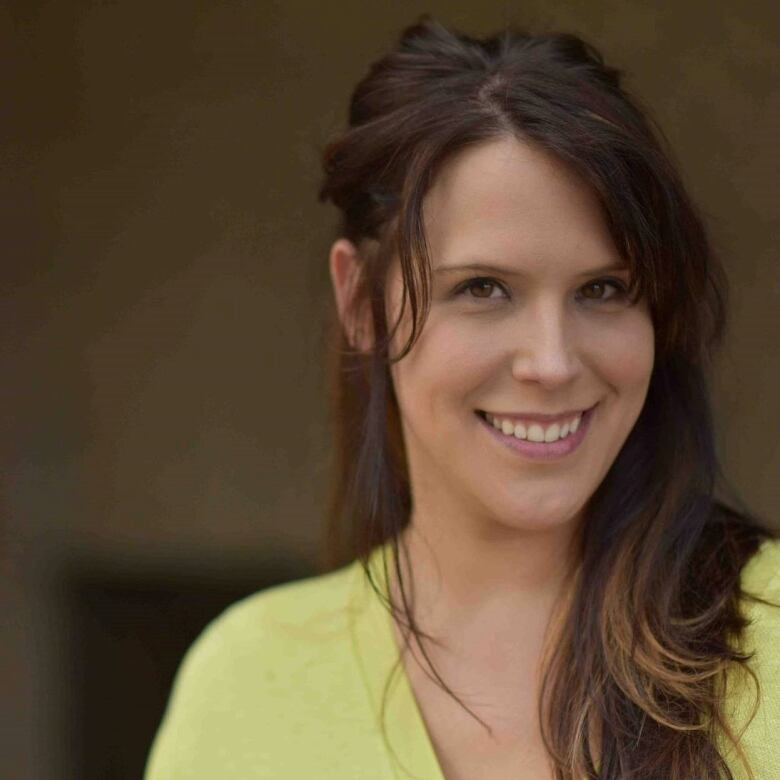'Clean label' joins 'all natural' and 'artisanal' as the next big food marketing claim
Hundreds of so-called 'clean label' products are cropping up in Europe and North America

Terms like "all natural" or "artisanal" are often used on food packages but can be confusing for consumers. Now, new phrases like "clean" or "clean label" are trending in food marketing, but what it means isn't so clean cut.
The tagline on ads for coffee chain Second Cup says their products are "Now Clean" and "Always Delicious."
"Clean" isn't the most descriptive adjective, but Second Cup isn't the only company using it to describe their food products.
Hundreds of so-called "clean label" products are cropping up in Europe and North America. There are even organizations who say they'll test and certify food products and offer a "clean label" seal of approval.
Differing definitions for 'clean label'
Denver-based Clean Label Project uses data and science to test products for 130 harmful environmental and industrial contaminants and toxins.

"What we spend most of our time looking at are things like industrial and environmental contaminants and toxins," said Jaclyn Bowen, executive director of Clean Label Project. "These would be things like heavy metals, pesticides, BPA, BPS, acrylamide, melamine and its analogs. Stuff that has no place in consumer products."
But that isn't a universal description, which is part of the problem with the "clean label" description of food products. It's a nebulous term that can be stretched to mean any number of things.
At Second Cup in Canada, which has no affiliation with Clean Label Project, the definition is different.
"There are varying meanings from the U.S. to Canada," said Chris Sonnen, vice president of coffee experience at Second Cup. "How we define it is: drinks with no artificial flavours, no artificial colours, no preservatives and no high-fructose corn syrup being used."
Oversight needed to regulate the use of terms
As the word "clean" takes hold in mainstream marketing, it's going to have as many meanings as there are products and claims.

"I think that does exist in the marketplace, that people hijack or take control of definitions," said Sonnen. "But ultimately what can happen is that, as definitions become adopted by consumers, they end up getting regulated."
Bowen also hopes the term will eventually earn credibility from regulators who can provide a universal definition in the same way the word "organic" has.
Still, she believes "clean labels" ought to reflect the diverse demands of consumers.
"Ultimately, the definition of 'clean label' is in the eyes of the beholder and what consumers value when it comes to their own dietary values," said Bowen.
But without some oversight, "clean labels" that claim various things from one brand to another may end up meaning so many things that they lose any credibility.
Ultimately, it could put "clean label" alongside that ubiquitous claim of "all natural," which often elicits a shrug from consumers.

